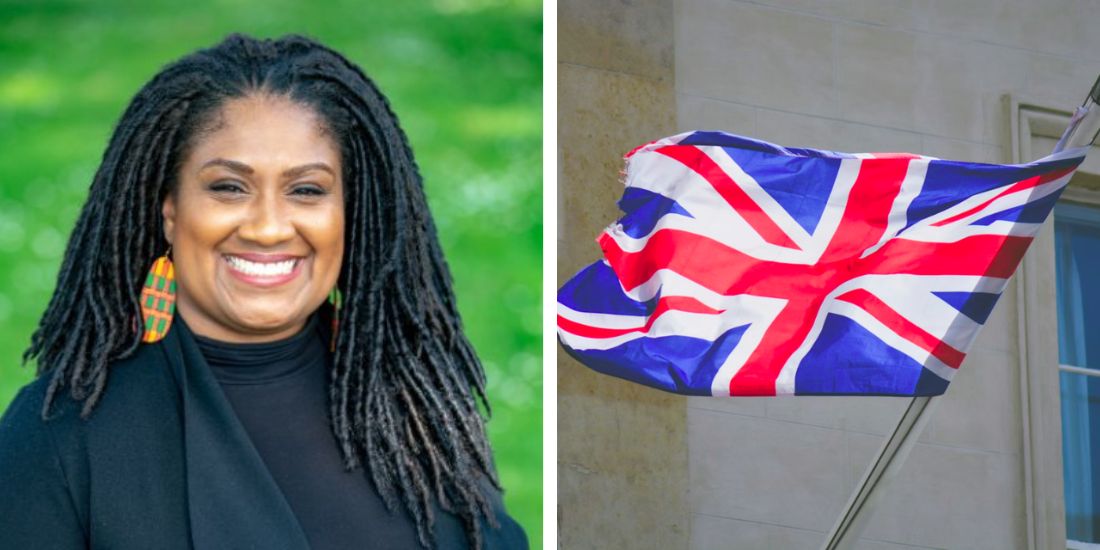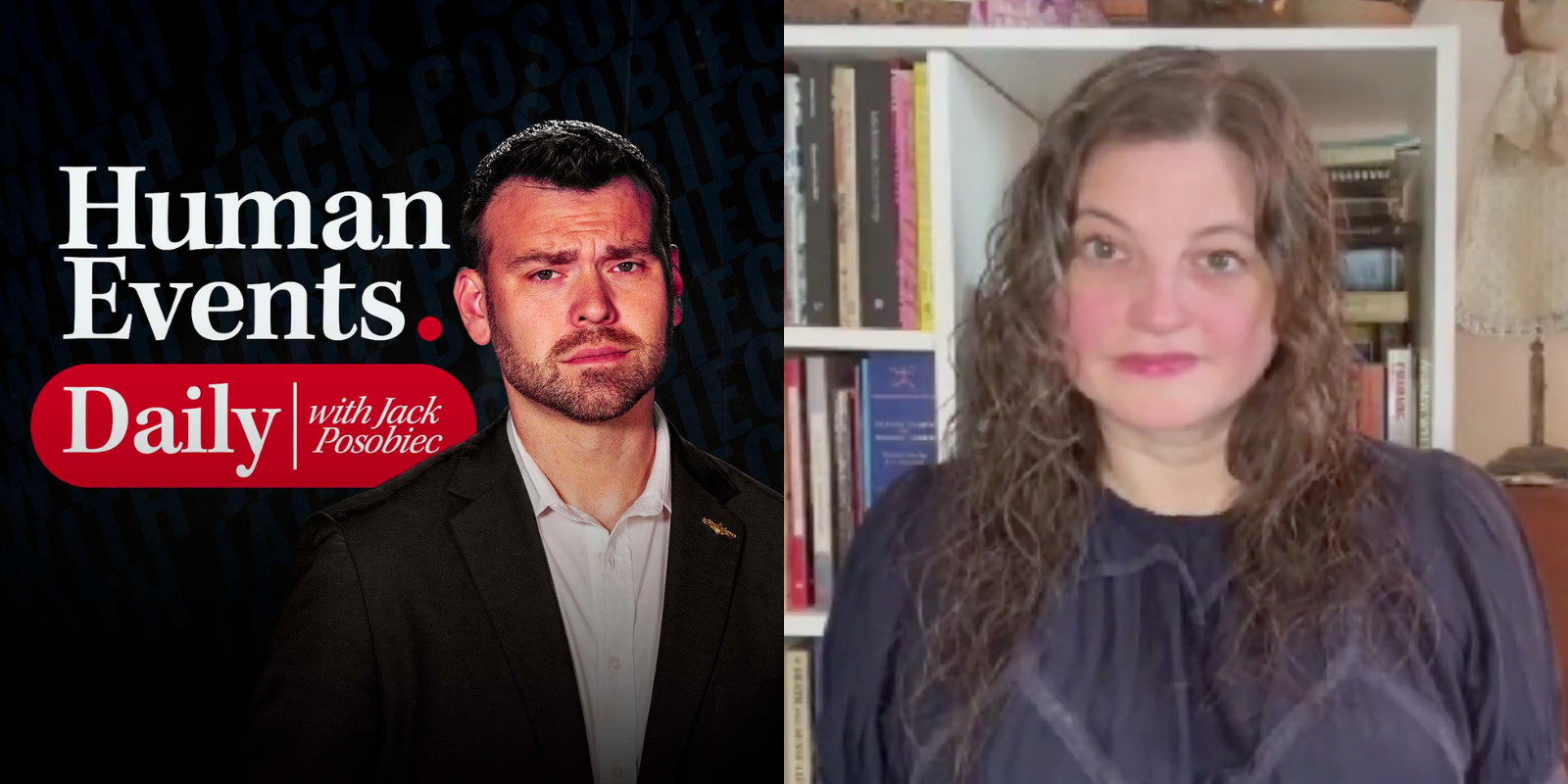President Obama’s foreign policy has been a mess. One week he’s belittling Syrian rebels, the next he’s shipping them advanced weapons. To give the White House the benefit of the doubt, there really isn’t a good solution to Syria. Americans will not accept another ground war and frankly no one can blame them. That being said, no one doubts the need for a ground element to defeat ISIS, so the administration is stuck trying to find who actually has common interests with America in one of the most, if not the most, unstable region in the world. Then the decision must be made whether or not to arm them to the teeth with weapons that can, and likely will, fall into the wrong hands. That’s a difficult decision to make. What shouldn’t be difficult, however, is simply speaking out to support those that clearly are fighting for our common Western values in the East. Case in point: Hong Kong.
Say what you want about Edward Snowden, when he fled to Hong Kong, many Americans quickly jumped to conclusions about his motivations. “Why would he go to China if he’s really so concerned about freedom and civil liberties?” was the gist of the critiques. But he didn’t go to China. He went to Hong Kong. They are two distinct places that are worlds apart, despite their geographical proximity.
The differences stem from the fact that Hong Kong, up until 1997, was a colony of the British Empire. That year, the British and Beijing reached an agreement to hand control of Hong Kong to China under a 50-year agreement. Until 2047, Hong Kong was to retain something nearly identical to the system it enjoyed under British rule. Beijing was not to play a major role in Hong Kong’s affairs beyond military defense.
On two separate occasions I had the pleasure of visiting Hong Kong for several months, once in 2002 and again in 2011. Thankfully neither time was I on the run from counter-intelligence agencies. Hong Kong is quite possibly the most vibrant and modern major city in the world. A trip there feels like an 8,000-mile journey to 20 years into the future. While very different in some ways, so much about the city feels familiar.
Just like the majority of the other former enclaves of the crown, including the United States, Hong Kong was gifted with a common law system that emphasized personal rights and freedoms and allowed the free-market to flourish. The people of Hong Kong, largely descendants of the lucky few who were able to escape the scourge of Mao’s takeover of China, enjoy speech, press, and religious freedoms that are arguably more thorough than those we claim here in the United States. While those are hard to precisely measure, by most accounts and indexes, their economy is certainly more free or laissez-faire. As a result, the people enjoy modern luxuries and a quality of life that is one of the best in the world. In short, Hong Kong could not be more different than Mainland China. They even drive on the opposite side of the road!
While all this may unfortunately surprise a lot of Americans, the majesty of Hong Kong is a much harder secret to keep from the rest of Asia, and specifically the rest of China. Hong Kong is but one city of a little more than 7 million people that has grown to become one of the most powerful economic hubs on Earth simply because of the widespread economic and personal liberties its citizens enjoy. This is an affront to the system imposed by the Communist Party on the rest of China. The People’s Republic of China has languished in dire poverty for almost 70 years after the genocidal rise of Mao Zedong. Only because of new economic liberalization and special free-economic zones has China been able to compete. Even so, tens of millions of its people live in squalor while the regime continues to murder those who seek to speak or practice their chosen religions freely. The people of Hong Kong, meanwhile, live free and enjoy a GDP per-capita that is one of the highest in the world and is over four-times that of their Mainland Chinese counterparts. Why then accept Beijing’s rule when freedom and autonomy seems to equal prosperity?
The powers that be in Beijing are keenly aware of this. That is why they have slowly, but surely, sought to tighten their grip on Hong Kong. In their latest ploy, the Communist Party sought to only allow candidates it had properly vetted to run for the highest office in Hong Kong, the Chief Executive, in the next election. That has sent hundreds of thousands of Hong Kongers into the streets in protest. News of this direct challenge to the Communist Party’s supremacy has been censored in the Mainland, where the majority of the people undoubtedly, yet privately, question an oppressive government that has micromanaged them into dire poverty while their neighbors in Hong Kong flourish.
Beijing seems unwilling to budge, despite the massive protests. The entire situation seems to be heading perilously towards a Tiananmen-Part-Two. That’s no excuse to stay silent, however. Hong Kong is the new West Berlin, shining as a bright beacon of hope for humanity at the edge of one of its darkest empires. Men and women of western militaries, including our own, have fought and died for weaker footholds for freedom and democracy to spread. The people of Hong Kong aren’t trying to push one narrow view or another. Instead, they are fighting for a way of life and basic values they ultimately share with the United States. In a world where it has become so difficult to tell friend from foe, it could not be clearer that we have friends in Hong Kong standing peacefully against encroaching tyranny. President Obama ought to cut through the fog and make it clear we stand with them.
Patrick Hedger is Policy Director for American Encore.





